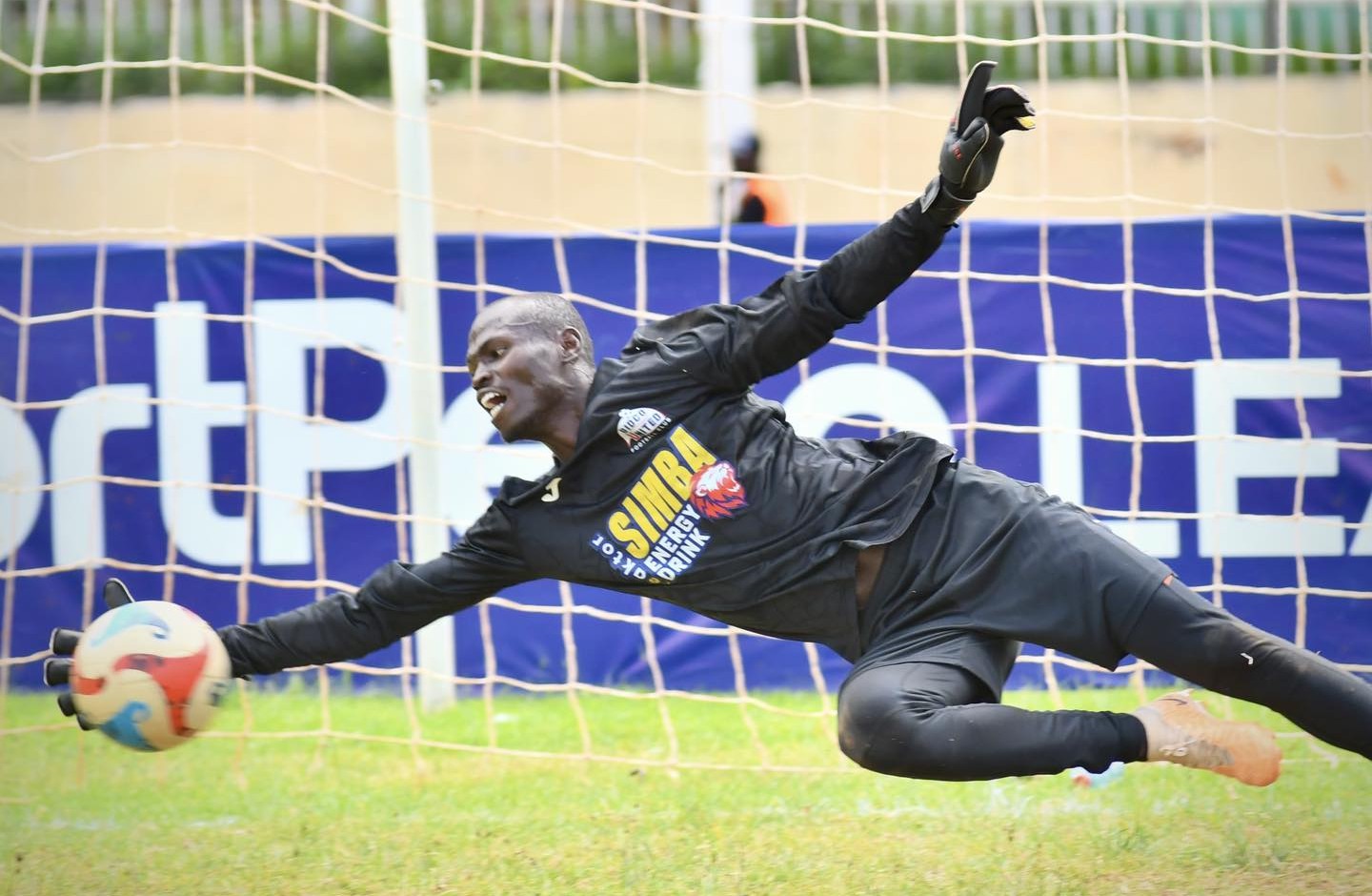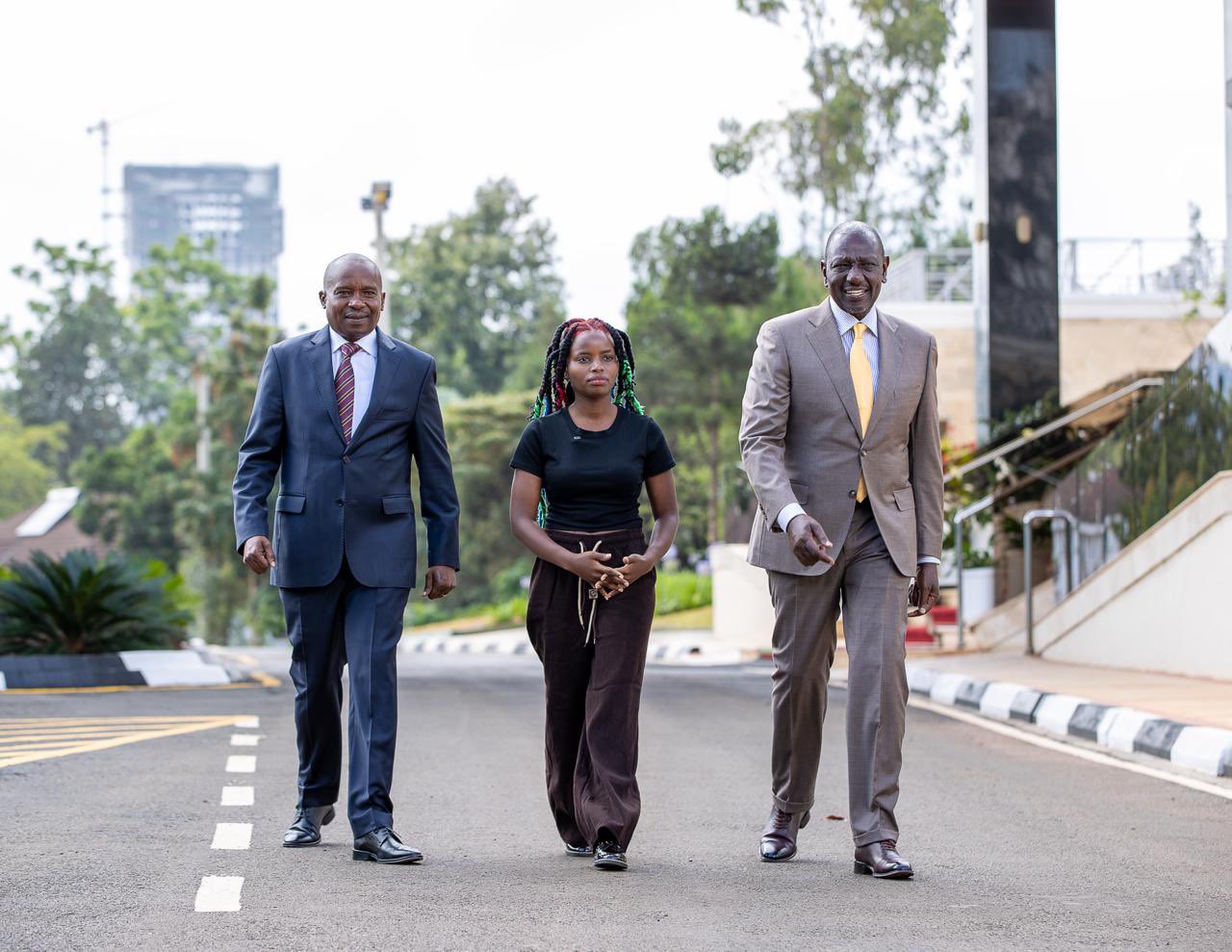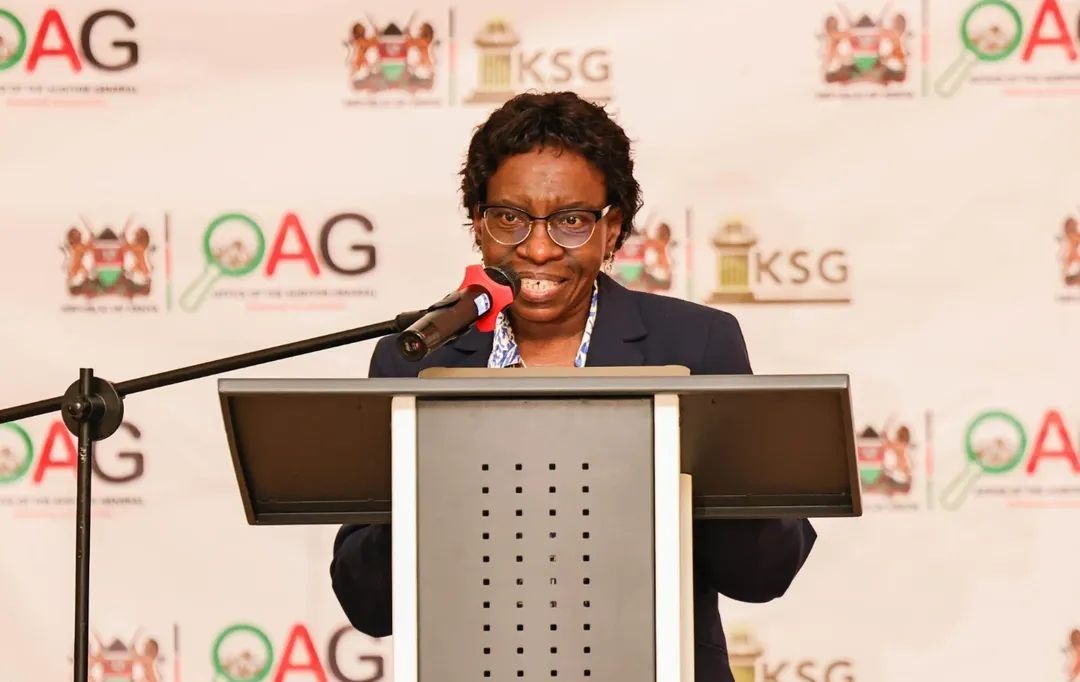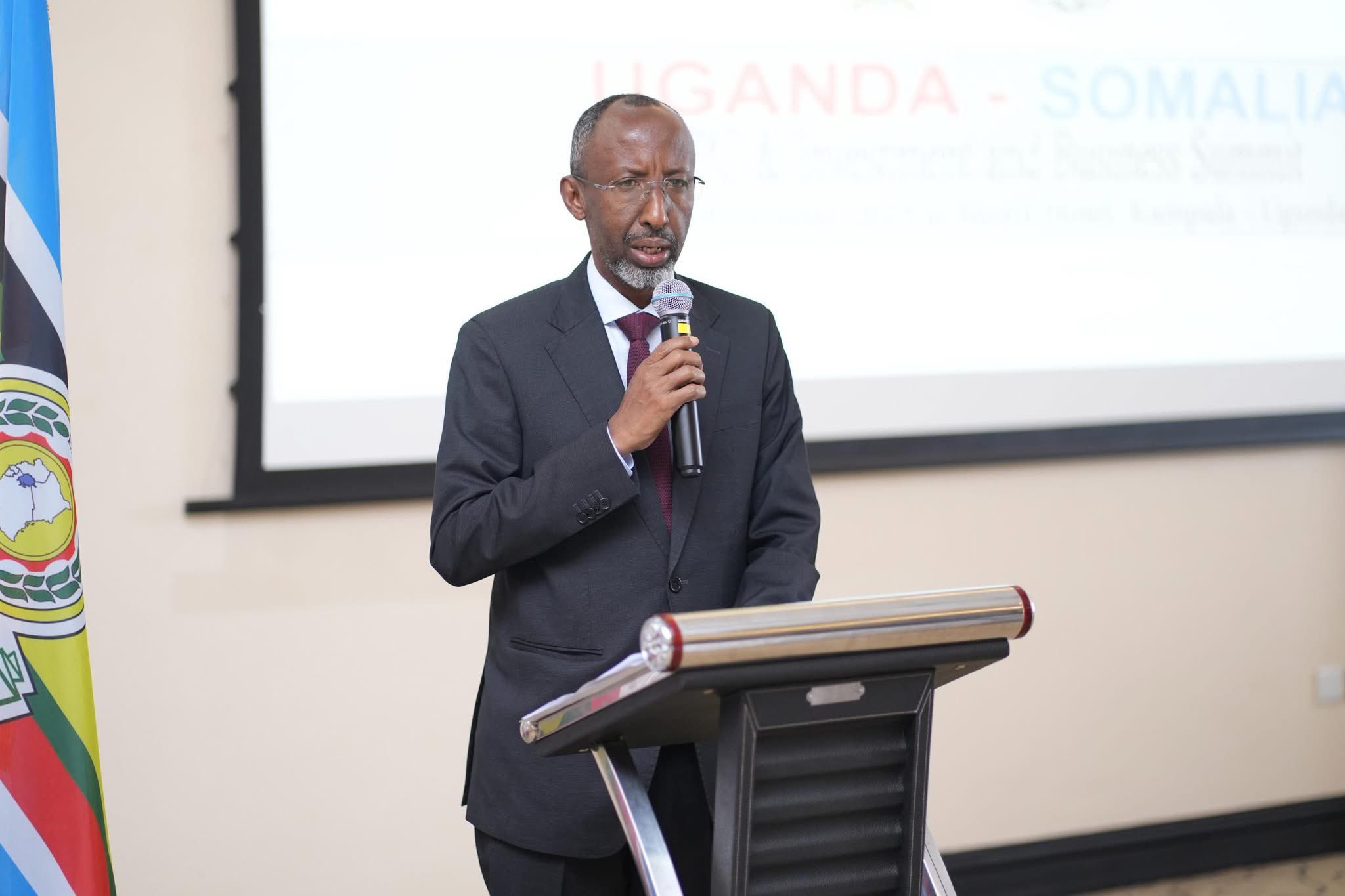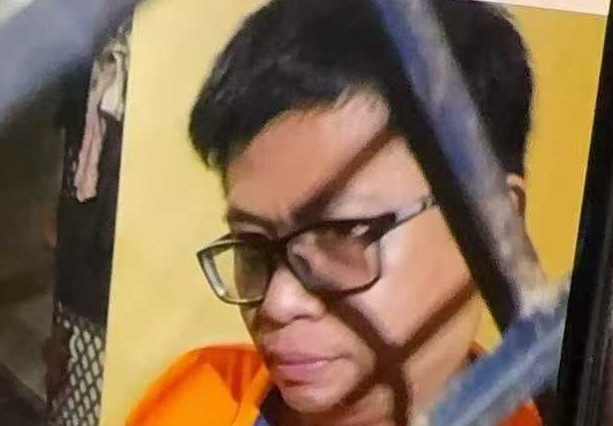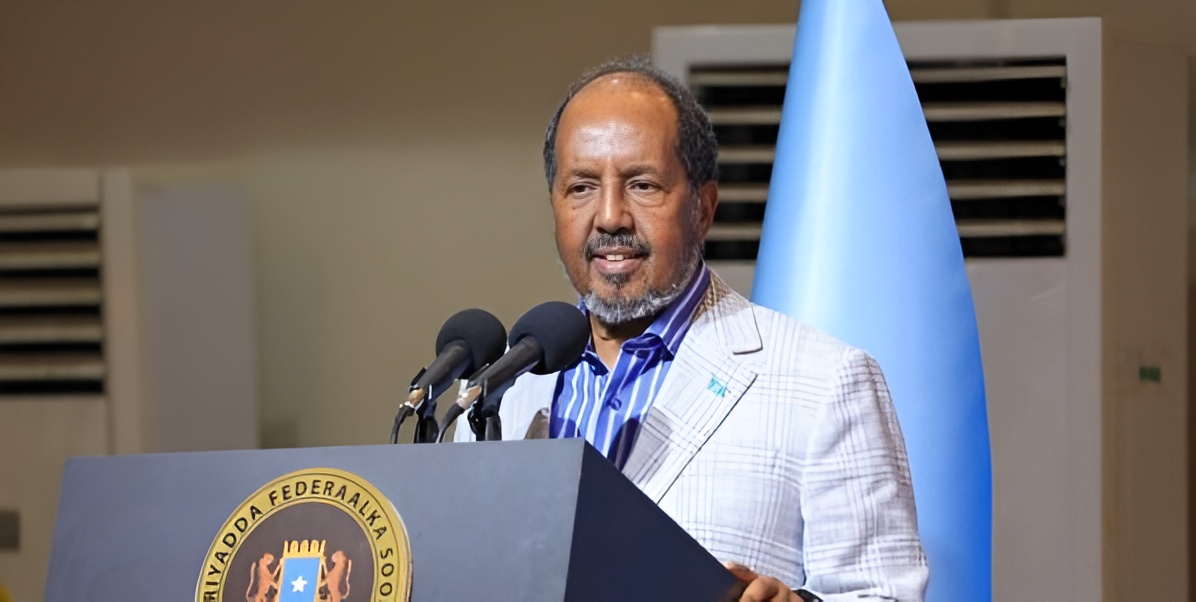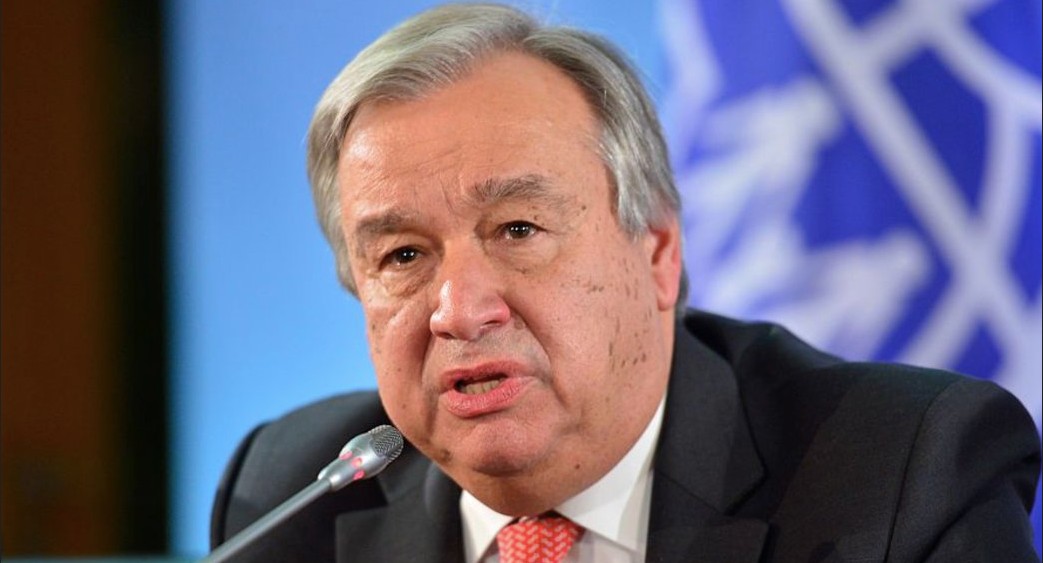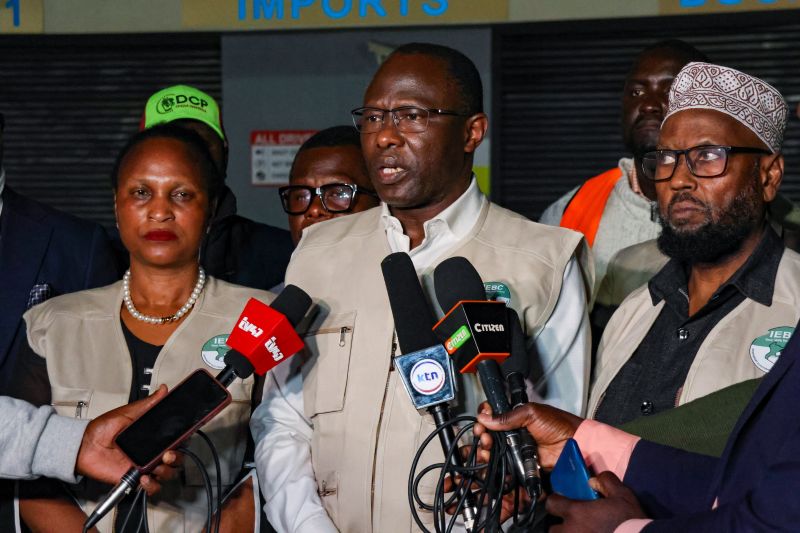Shakahola: Witness recounts how father was recruited as gravedigger, cases of wedding rituals
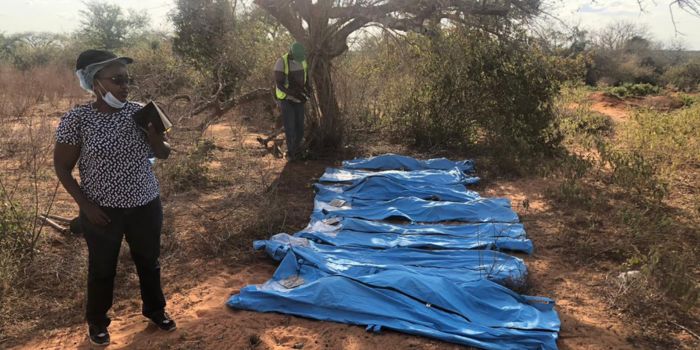
The witness recounted that his father, once an alcoholic, became a devout follower of Mackenzie after discovering his sermons on Times TV in 2019.
Witnesses provided chilling testimonies about the manipulative influence of Paul Nthenge Mackenzie, the controversial preacher accused of orchestrating the deaths of dozens of his followers, during a hearing of the case at the Mombasa Law Court.
A protected witness described how his father was recruited by Mackenzie as a gravedigger and revealed how Mackenzie employed biblical verses like Colossians 2:8, Ecclesiastes 12:12, 1 Timothy 6:20, and Jacob 3:15 to persuade young children to abandon their education.
More To Read
- Father recalls unimaginable pain after identifying missing daughter in Shakahola case
- Witness recounts how Paul Mackenzie’s teachings led her to quit career, reject medicine
- Families recount tragic loss of children in Shakahola starvation case
- Paul Mackenzie twisted Bible teachings to mislead followers, court told
- Paul Mackenzie: Prison staff should stop giving me special treatment, it’s endangering my life
- Another pastor arrested in Kilifi as authorities crack down on rogue preachers
The witness recounted that his father, once an alcoholic, became a devout follower of Mackenzie after discovering his sermons on Times TV in 2019.
By August of that year, the family had started attending Mackenzie’s Good News International Church in Makongeni, Nairobi, where the witness was baptised. The father’s devotion eventually led to his recruitment as a gravedigger in Shakahola.
The witnesses described how Mackenzie, assisted by George Mwaura, gave compelling sermons that deeply influenced his followers.
The witness recounted that his mother shut down her salon after Mackenzie condemned women for braiding their hair or using beauty products.
Additionally, when the Kenyan government initiated the Huduma Number registration, Mackenzie urged his followers to avoid it, alleging that the microchip in the Huduma Card was the "mark of the beast" mentioned in Revelations 16-18.
He mentioned in 2022, after selling their household possessions, the family relocated to Shakahola, where they were allocated a plot of land. Mackenzie allegedly instructed his followers to fast and pray in solitude, claiming this would hasten the return of Jesus.
The court heard how the witness, overwhelmed by the harsh conditions, managed to escape through dense forests to avoid detection by Mackenzie’s followers.
He was later rescued by a children’s officer and taken to Malindi Children Centre for care and protection. The witness expressed uncertainty about his father’s fate, who remained in Shakahola as a gravedigger.
Relocating to Shakahola
Another witness, Shadrack Yaa, the eleventh to testify in the case involving Mackenzie and 95 others, described how Mackenzie relocated to Shakahola after negotiating sale agreements with local settlers.
Yaa, a businessman and farmer, told the court that Mackenzie made "goodwill payments," commonly referred to as "Kajama" in the Mijikenda community, to secure his settlement on the land. He told court he had resided in the land since birth 42 years ago.
Yaa testified that Mackenzie initially purchased the acres of land from Yaa's uncle in 2020 in exchange for Sh50,000 in Kajama, with the agreement signed at Mackenzie’s church in Furunzi, Malindi.
After Mackenzie's followers arrived, visitors "with short hair and dressed decently" became regular customers at Yaa’s shop.
He revealed that a neighbour confided in him that Mackenzie had sold him a piece of land on the condition that he "doesn’t farm or work."
Later, the same land was reportedly allocated to someone else. Yaa recounted receiving a distress call about 14 children dying under controversial circumstances on Mackenzie’s farm, which led him to alert the authorities, resulting in Mackenzie’s arrest.
The court heard that Mackenzie’s followers were instructed to fast periodically to hasten Jesus' return, with Mackenzie claiming that delaying the fasting was hindering the process.
Some parents protested against allowing their children to fast to death, but those in support enforced the directive. Funerals, referred to as “weddings,” were held to celebrate those who had died, believing they were on their way to heaven.
The hearing, led by Senior Assistant Director of Public Prosecutions (DPP) Peter Kiprop and a team of prosecutors, continues tomorrow before Chief Magistrate Alex Ithuku
Top Stories Today
Reader Comments
Trending
